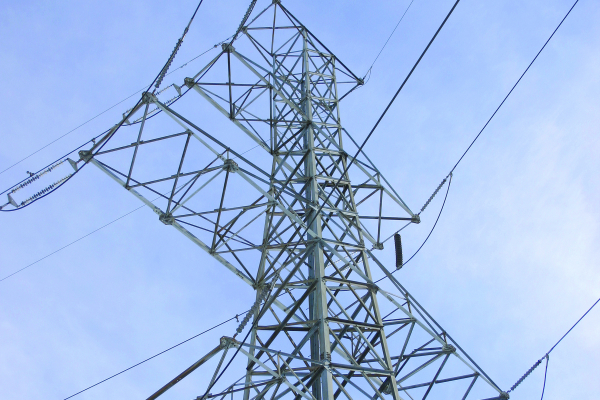
THE Zimbabwe Power Company (ZPC) has shut down two power stations — Bulawayo and Munyati — due to electricity oversupply in the country, an official has said.
BY MTHANDAZO NYONI
The power stations, with a combined installed capacity of 190 megawatts (MW), had not been operating for the past few weeks, according to ZPC’s power generation update.
Munyati has a capacity to produce 100MW, while Bulawayo can produce 90MW.
Only three power stations were operating as at January 26, 2018.
ZPC indicated that Hwange was producing 655MW against installed capacity of 920MW, while Kariba Hydro Power Station was generating 546MW against an installed capacity of 750MW.
Harare was producing 15MW against 75MW installed capacity.
In total, the three stations were producing in excess of 1 216MW against national demand of 1 450MW, meaning the gap is being met through imports.
- Chamisa under fire over US$120K donation
- Mavhunga puts DeMbare into Chibuku quarterfinals
- Pension funds bet on Cabora Bassa oilfields
- Councils defy govt fire tender directive
Keep Reading
But when reached for comment on Friday, Zesa Holdings chief executive officer Josh Chifamba said national demand was being “met”, so there was no need to run the stations.
“Are we having any power cuts? Demand is being met, why should we run them?” Chifamba told NewsDay before hanging up his phone. The country, which has been battling to generate sufficient power to meet its consumption needs, has been relying on imports, particularly from neighbouring South Africa and Mozambique.
ZPC used to import 300MW from Eskom of South Africa and 50MW from Mozambique’s Hydro Cahora Bassa.
In May last year, Eskom threatened to switch off Zimbabwe from its power grid over $43 million arrears arising from unpaid import supplies.
The Bulawayo thermal power plant is due for refurbishment, with ZPC in November last year reporting that it was reviewing a draft contract for a loan of $87 million secured from the India Export and Import Bank in 2016 by government.
ZPC has been shutting down the station frequently due to problems caused by the antiquated machinery.











